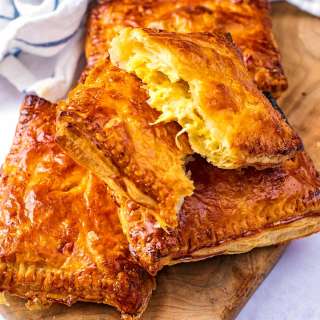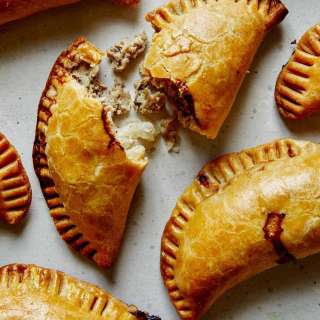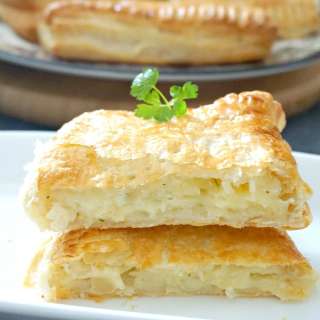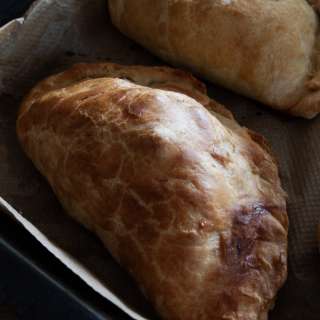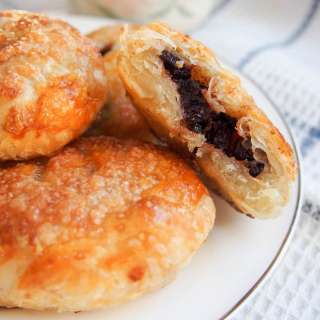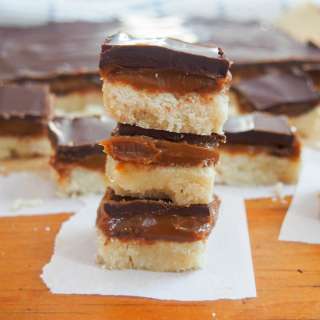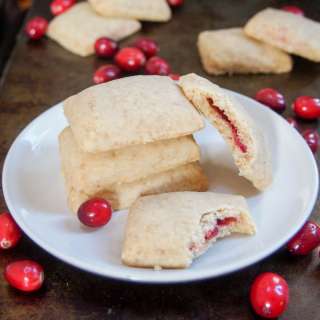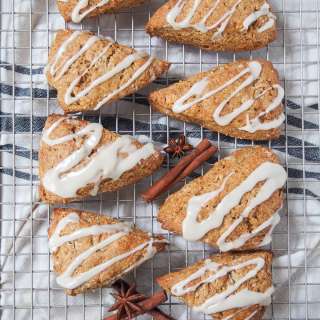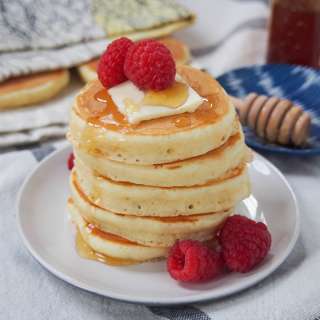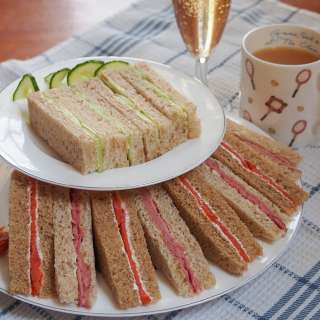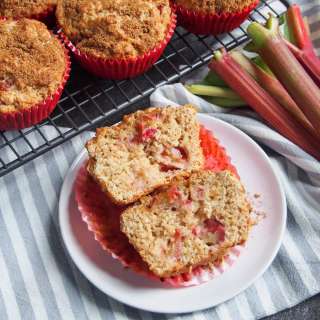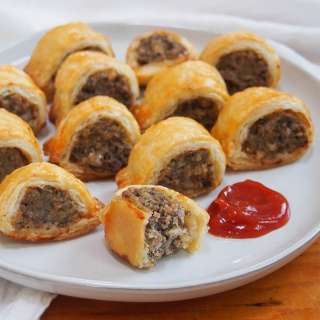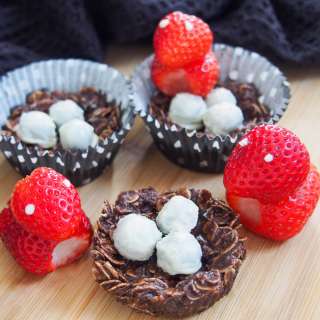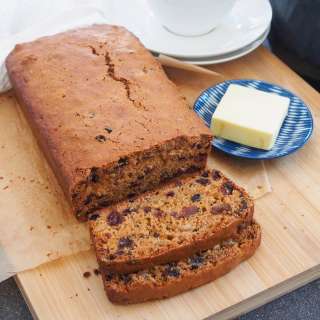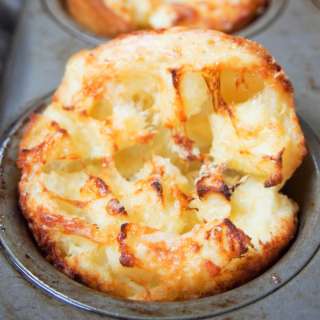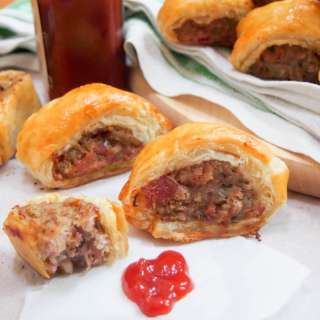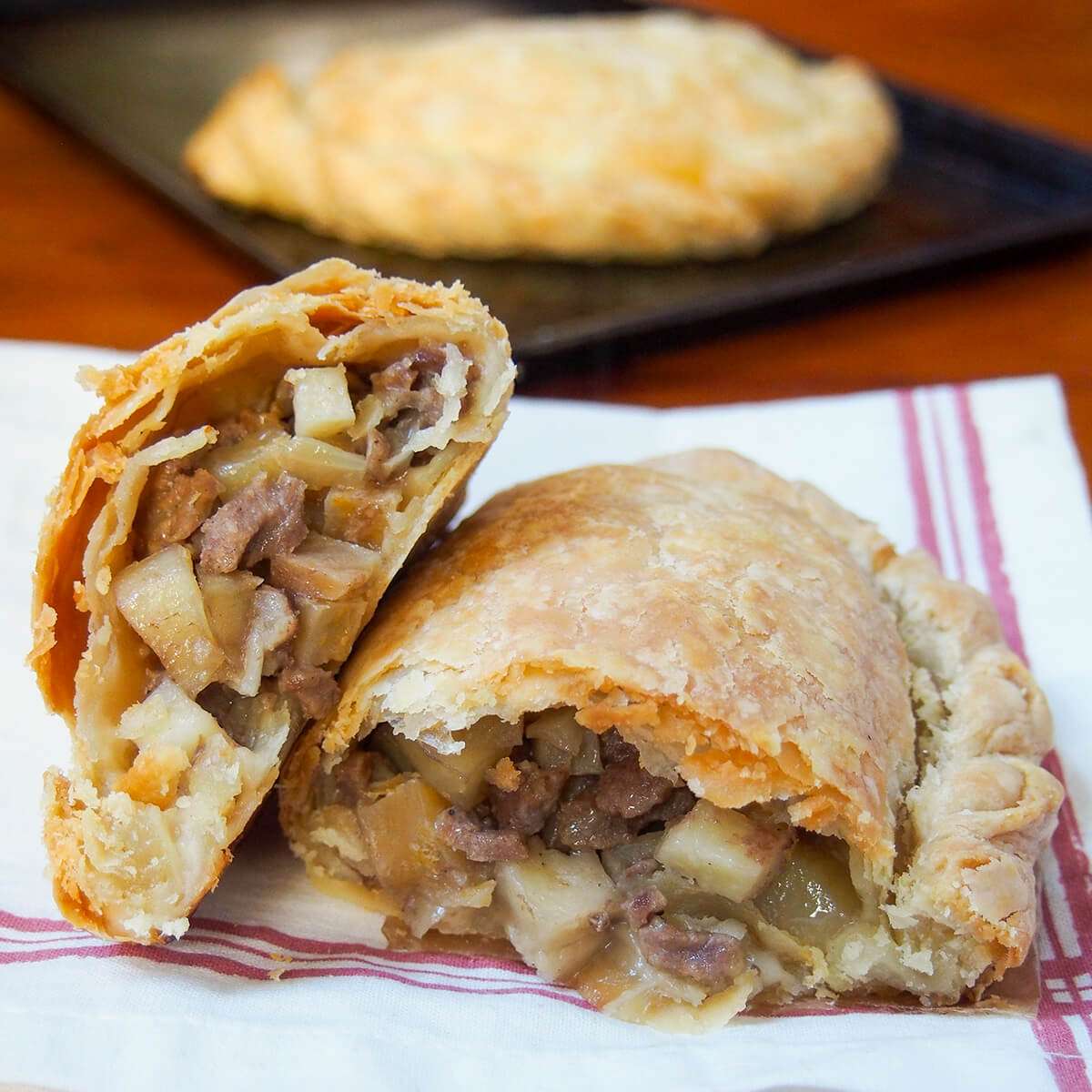
Cornish pasty
User Reviews
0.0
0 reviews
Unrated

Cornish pasty
Report
This traditional Cornish pasty recipe has a simple filling of beef and vegetables that despite being so simple, creates one juicy and delicious hand-held lunch or snack.
Share:
Ingredients
For the pastry
- 3 ½ cups bread flour
- ½ teaspoon salt
- 4 oz unsalted butter or lard, cold, in chunks
- ⅔ cup cold water or more as needed
For the filling
- 5 oz onion
- 5 oz rutabaga/swede
- 10 oz potato eg yellow (waxy NOT a floury potato)
- 12 oz skirt steak
- ½ teaspoon salt
- ½ teaspoon pepper
- 1 tablespoon flour
- 1 tablespoon butter melted
To finish
- 1 egg for egg wash
Instructions
- Place the flour, salt and butter, cut in chunks, in a food processor and pulse to form coarse crumbs. Alternatively, you can use a pastry cutter to mix the butter in by hand.
- Gradually add the water so that the mixture starts to come together in clumps. Turn out the dough onto a lightly floured surface and press it together into a flattened ball/disc. Wrap the pastry in cling wrap/cling film and place in the fridge for at least 30 minutes, but nearer 2 hours is better, so that it rests and is well chilled.
- Meanwhile, prepare the filling. Peel and dice the onion, rutabaga/swede and potato. Try to cut the pieces relatively evenly and small - nothing any bigger than around ⅓in/1cm cubes.
- Slice the steak across the grain into thin slices, then chop the slices into small pieces, relatively similar in size to the pieces of vegetable.
- Place all of the chopped vegetables and steak in a bowl. Add the salt, pepper, flour and melted butter then mix everything well so the ingredients are well mixed and evenly seasoned.
- Preheat the oven to 400F/200C. Line one or two baking sheets/trays with parchment paper.
- Roll out the chilled pastry about as thinly as you feel comfortable (around ⅛in, 3mm is probably good). Using a large cutter, plate or similar as a guide, cut out circles approximately 8in/20cm in diameter. If you have scraps, you can press them together and re-roll it as needed. Alternatively, you can cut the pastry into even pieces and roll each one into a circle, but I find it easier to cut them to be more evenly shaped.
- Place around ½ cup (120ml) of the filling mixture to one side or in the middle of a pastry circle, then fold the pastry over the top of the filling. Press the edge down along the edge so that the pastry seals together (don't worry if it's not super well sealed at this point).
- Crimp the edge of the pastry along the join edge - gently pull a little piece of pastry out and fold it over the join into the pasty, then fold in another piece over and over so you get a braided-looking edge (see the video to help with how to braid). The braid should sit on the one side of the pasty. Repeat with the rest of the pastry circles and filling.
- Transfer the pasties to one or more parchment-lined baking sheets/trays. Cut a small slit on top of each pasty to allow steam to escape. Gently whisk the egg so that it is smooth then use a pastry brush to brush eggwash over the top of each of the pasties.
- Bake the pasties for around 10 minutes at 400F/200C then reduce the heat to 350F/175C and bake for another 40 minutes, approximately, until the pastry is golden brown. Allow them to sit for a couple minutes to cool slightly before enjoying (can also be served room temperature but I think they are best warm).
Notes
- If you want to freeze some, I recommend freezing after they are formed and you cut the slit in the top, but before adding eggwash and baking. Freeze on a baking sheet/tray until frozen then transfer to a freezer bag or container. Then, bake from frozen, placing on a lined baking sheet and adding eggwash, and add around 15 - 20 minutes extra to the bake time.
- If you don't have egg to brush the outside, you can also use a little milk though it doesn't tend to give quite as good a golden color.
Nutrition Information
Show Details
Calories
648kcal
(32%)
Carbohydrates
71g
(24%)
Protein
27g
(54%)
Fat
28g
(43%)
Saturated Fat
16g
(80%)
Polyunsaturated Fat
2g
Monounsaturated Fat
8g
Trans Fat
1g
Cholesterol
130mg
(43%)
Sodium
558mg
(23%)
Potassium
438mg
(13%)
Fiber
3g
(12%)
Sugar
3g
(6%)
Vitamin A
695IU
(14%)
Vitamin C
9mg
(10%)
Calcium
50mg
(5%)
Iron
2mg
(11%)
Nutrition Facts
Serving: 5or
Amount Per Serving
Calories 648 kcal
% Daily Value*
| Calories | 648kcal | 32% |
| Carbohydrates | 71g | 24% |
| Protein | 27g | 54% |
| Fat | 28g | 43% |
| Saturated Fat | 16g | 80% |
| Polyunsaturated Fat | 2g | 12% |
| Monounsaturated Fat | 8g | 40% |
| Trans Fat | 1g | 50% |
| Cholesterol | 130mg | 43% |
| Sodium | 558mg | 23% |
| Potassium | 438mg | 9% |
| Fiber | 3g | 12% |
| Sugar | 3g | 6% |
| Vitamin A | 695IU | 14% |
| Vitamin C | 9mg | 10% |
| Calcium | 50mg | 5% |
| Iron | 2mg | 11% |
* Percent Daily Values are based on a 2,000 calorie diet.
Genuine Reviews
User Reviews
Overall Rating
0.0
0 reviews
Unrated
Other Recipes
